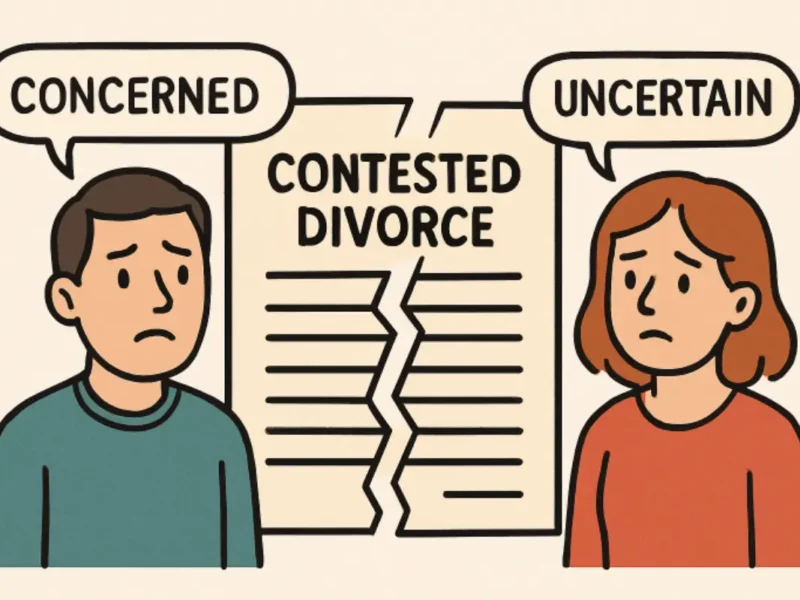Did you know that the typical center household spends 30% of its income on rent in the United States?
As a landlord, you are likely worried about rent collection and generating some income. The truth is that you do have some options available to you. Consider evicting the tenant.
You can take steps to evict a tenant who does not pay rent. Keep reading to learn what you can do if a tenant doesn’t pay rent.
Contents
Take Your Tenant to Court
You must take legal action if you have determined that your tenant has not paid rent. Consulting lawyers for unpaid rentals can help decide what options are available. Often, your lawyer will draft a demand letter to the tenant outlining their obligation to pay the rent or risk eviction.
The demand letter should allow the tenant to pay the total amount due. If the tenant fails to pay the rent, you may proceed to hire an attorney and file a lawsuit.
Follow the Eviction Process Carefully
If your tenant fails to pay rent, it is significant that you follow the correct eviction process and seek legal help from leading residential real estate attorneys near you if necessary. It is essential to know the eviction process to ensure that laws in your state and county are correctly followed to become a landlord-tenant. Consider noting that commercial landlords must adhere to all state and local eviction laws when evicting a tenant.
Take Action Through Verbal Reminder
If your tenant does not pay rent, Important to take action to ensure that you are not losing out on renting your property. One of the first steps is to remind them of their obligation to pay verbally. Reach out to the tenant professionally and politely, explain that the rent is due on such and such day, and well inquire when you make payment.
Document the Entire Eviction Process
Ensuring that the entire eviction process is fully documented should be the priority for landlord tips when their tenant does not pay rent. It is to protect the landlord and tenant and create a legal paper trail that both parties can rely on. Collecting proof of non-payment, such as rent statements and late payment notices, is one way to provide a solid foundation of evidence. If you need additional help, you can check out Professional private detective services by Bond Rees, as they can gather evidence and dig more information about the problematic tenant.
Serve Them an Eviction Notice
If a tenant doesn’t pay their rent, the landlord should take it to serve their tenant an eviction notice. The eviction notice should describe the reasons for eviction and the amount of rent owed. The process will vary depending on the state but typically requires the landlord to file an eviction with the court.
Solutions to Your Rent Collection Problem
Acting against late rent collection is vital, as early intervention can prevent further issues. Follow the eviction process, take action through verbal reminders, and document the entire eviction process. And if needed, serve them an eviction notice and take legal advice.
Remind them of the importance of their rent payments and the consequences they’ll face if they fail to meet the deadline. Make sure to act quickly and reasonably to protect yourself and your tenant.
Do you want more valuable tips and guides like this one? If so, check out our blog daily for more.



